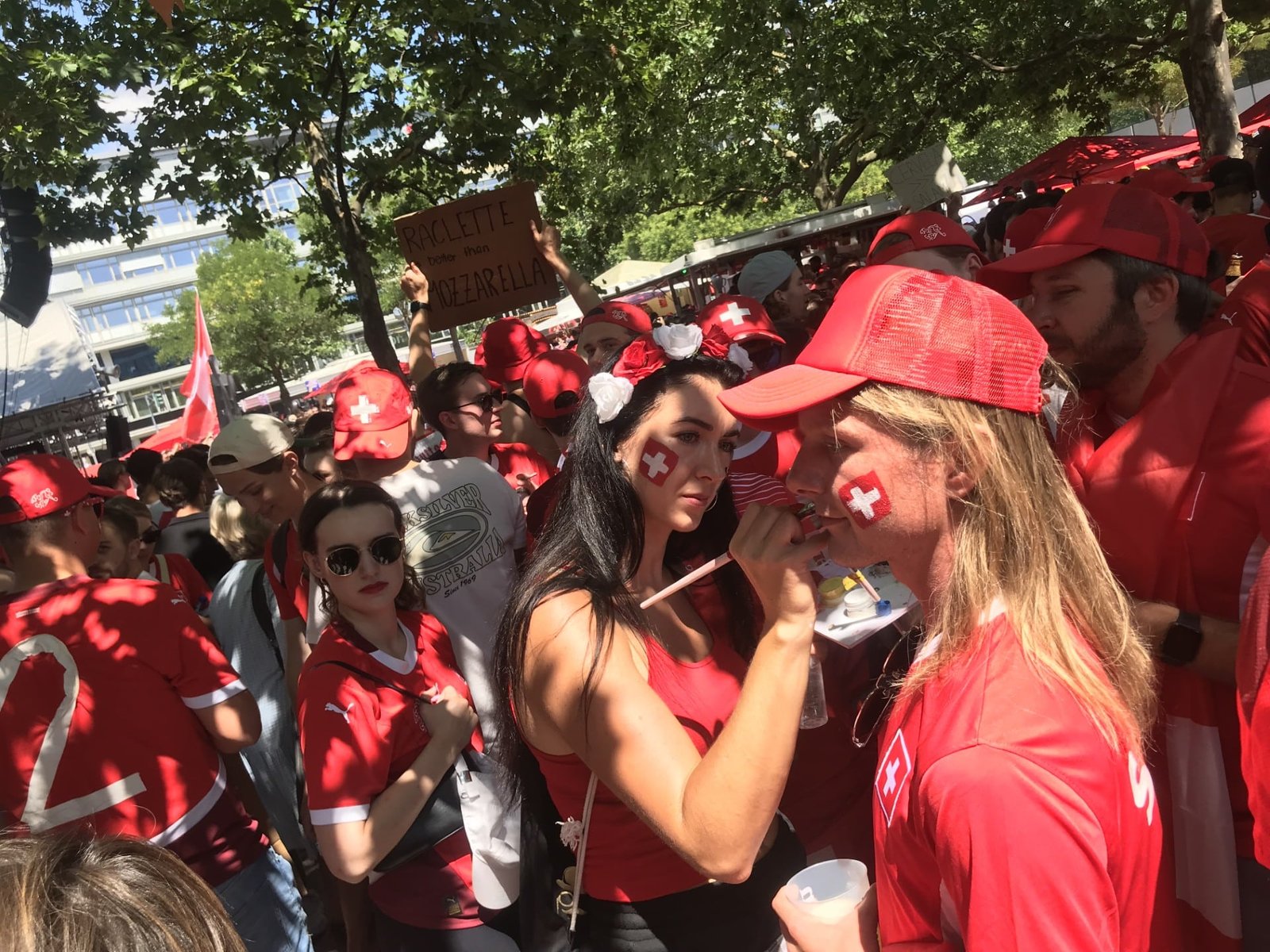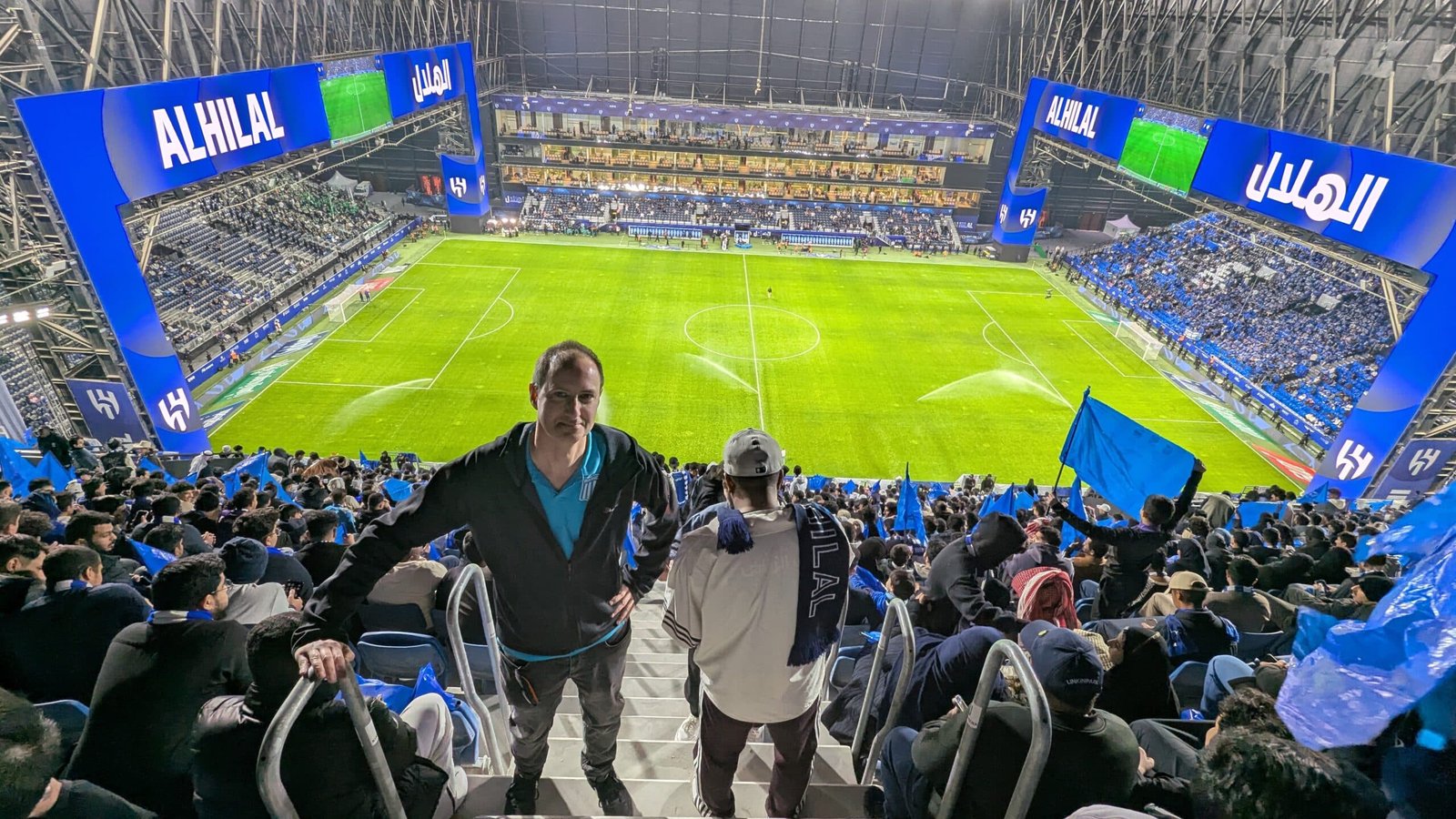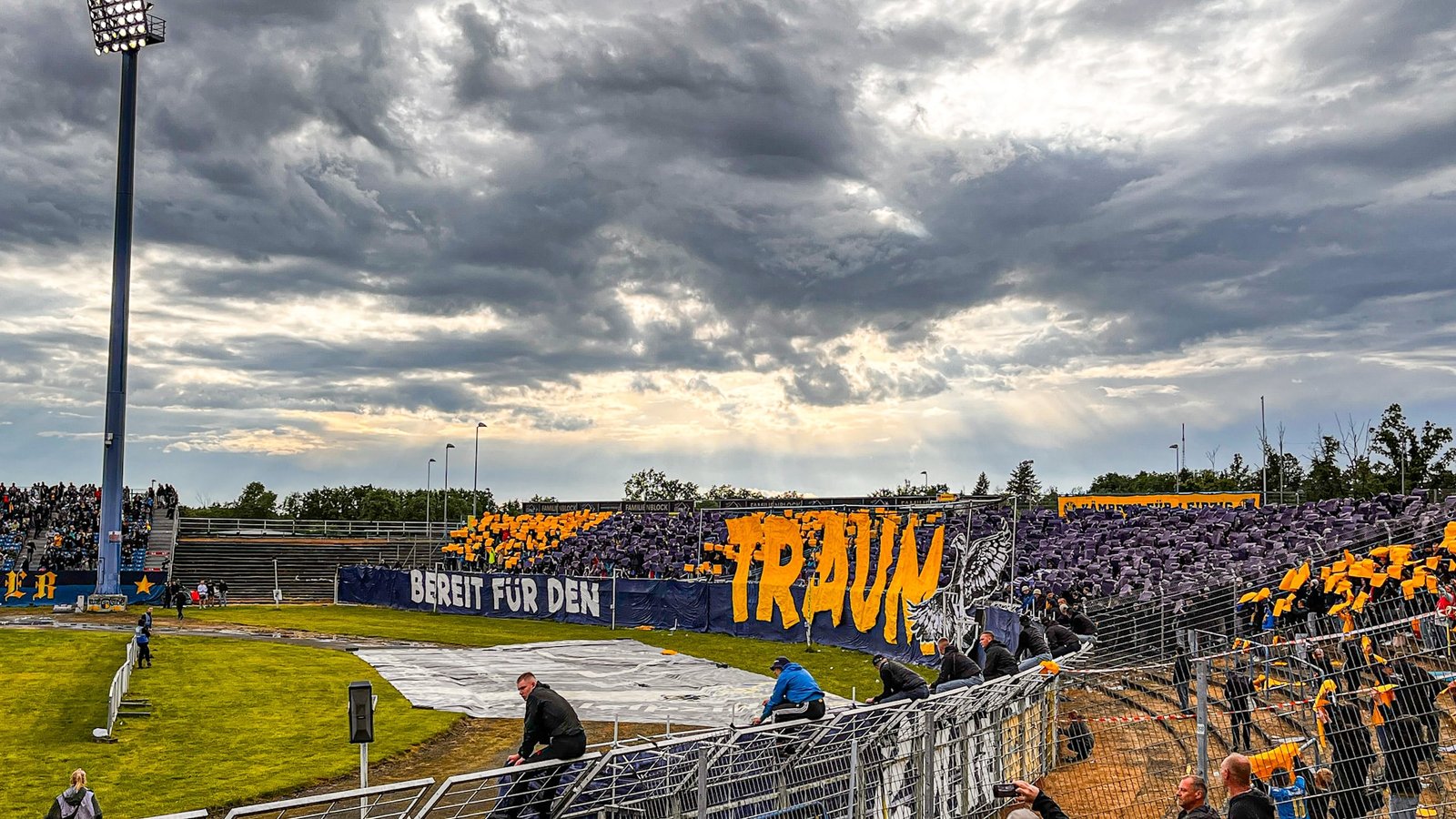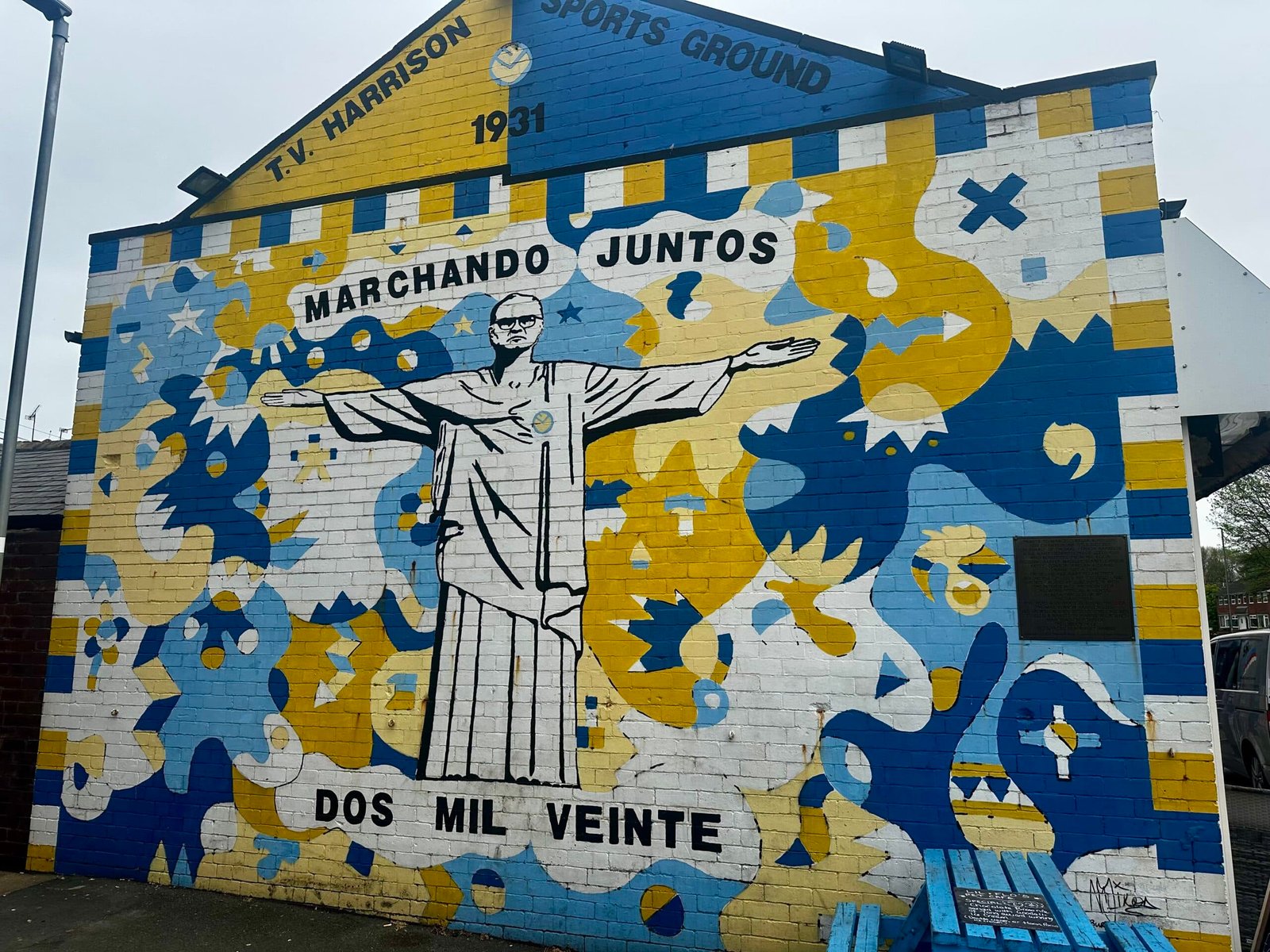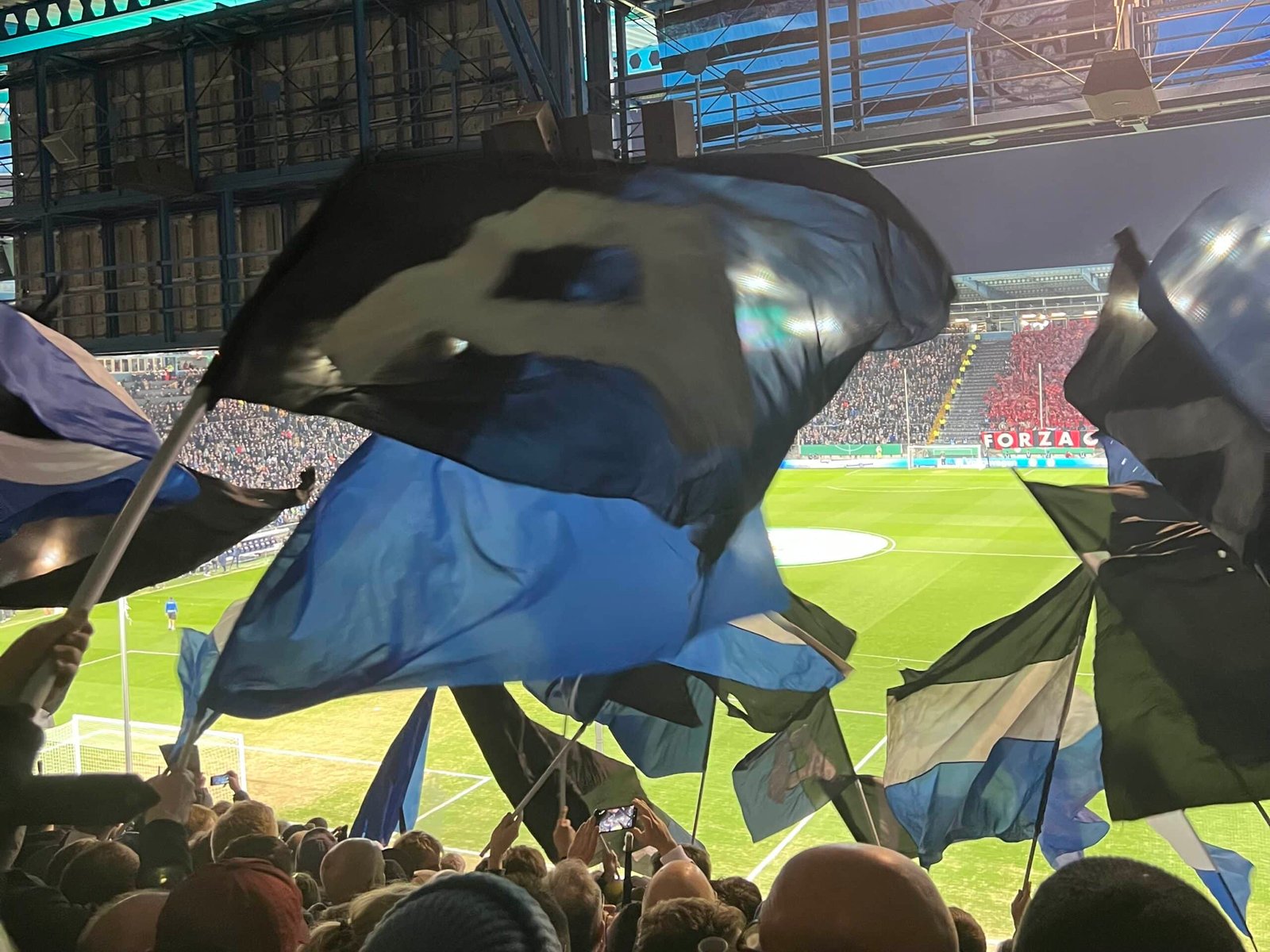Discover retro heaven from behind the Iron Curtain in downtown Budapest
Váci utca is not for the niche. Once the only shopping street in Budapest that appealed to the relatively few sightseers lurking behind the Iron Curtain, it was left behind by the arrival of fashion brands and malls in the 1990s.
It now straddles a grey area between tacky and swank, a pedestrianised stretch of global commerce, tourist-trap restaurants and exchange offices. This is not where you expect to find a treasure trove of authentic, rare football badges, shirts and pennants, every bit as obscure as its nearby businesses are bland.
Beside (yet another) branch of fashionable Italian lingerie chain intimissimi, a doorway is crowned by a strip of signs offering a fish massage, a haircut and, in green, Football-Futball. You enter a courtyard and straight ahead is a window of folk artefacts. To the left, hidden away in a corner, is the Derby Football Shop.
Aladdin’s Cave would have been more spacious but filled with far fewer riches. Three walls are dedicated to football shirts (mainly Hungarian, all top clubs plus the classic Puskás/Hungary 1950s’ range), half a wall is given over to pennants (utterly random fandom, from Zamalek by the Pyramids to Rosenborg Trondheim towards the Arctic Circle), while sticker space is getting smaller with every visitor. So far, so international.

But then your eyes are drawn towards the glass-topped counter, and a spread of Communist-era football badges so arcane, many remain unrecognisable, even to the trained eye.
And few eyes are as trained as those of owner Bálint Ács, born a Soviet citizen in 1955 in the Hungarian part of Ukraine when it belonged to the USSR. “Everyone at school was either Ferencváros, Honvéd or Újpest. I was Vasas,” he says proudly, surrounded by the authentic folk memorabilia in the adjoining shop he also runs.
“The first game I remember was Vasas-Internazionale in the European Cup, December 1966. It was freezing and we were all huddled round a little Sokol transistor radio. Nobody had a TV. We couldn’t even imagine what Inter looked like, our newspapers were all in black and white, but we heard all the names, Mazzola, Facchetti, Suárez, of La Grande Inter.”
“When I first came to Budapest in 1970 to visit my grandmother, she gave me a little money and I blew it all on a colour poster of Internazionale, just to see what they looked like. It went straight onto my bedroom wall.”

Thus began a fascination for faraway football clubs, the more niche, the better. The 3,000 badges in the Derby Football Shop next door are Bálint’s own private collection. The ones for which he has at least one swap – all the Lokomotivs, Traktors and Dynamos – he puts out for public sale for Ft1,500/€4 a pop.
“In the Soviet days,” Bálint continues, “there used to be a kiosk at every station, so we would travel around Ukraine, to Lviv, Kyiv and other cities, and buy badges. Here in Budapest, there was a kiosk at every junction along the Nagykörút, so we could buy Hungarian badges plus ones from the West”.
Bálint came to Hungary to live in 1982. Back then, players would try and sneak in all kinds of tempting treasure from their travels to the West, ladies’ perfumes, tights and cigarettes, but the customs guards didn’t bother them if their bags were full of football badges.

Back then, a badge was Ft7-Ft10 – today around Ft400 or just over €1. “That was the price of a cinema ticket, so I had to choose between a badge and a film. My friends would tell me afterwards what happened in the film.”
Of course, there wasn’t anything like the commerce around merchandise that there is now, and certainly not on this side of the Iron Curtain: “Each club had 60 shirts, 30 home, 30 away, and players weren’t allowed to swap theirs afterwards. Someone came around immediately after the game to collect them, carefully counting each one back in”.
“Here in Budapest, badges were made at the same factory that manufactured coins and medals. For a big club like Ferencváros, it was worth making thousands. For Budapest’s smaller teams, once that 100 were sold or given away, that was it – that’s why they’re so rare. And every major workplace had a team, Tungsram, BKV, Taurus, and so on.”
Until 1997, Bálint was essentially a collector. After his grandmother died, he inherited this little shop where she sold textiles and folk artefacts, a trade he learned from her. Today, Bálint’s core business is embroidered garments. The Derby Football Shop next door is just a hobby – and a showcase for his half a century of nosing around kiosks, markets and house clearances.

Enthusiasts pop in from all four corners of the globe, making a beeline for this hidden courtyard while swarms of tourists stroll by outside, foolishly unaware of what they’re missing. The morning of Libero’s visit, a man from Malta walked in to barter a bunch of Birkirkara, Gzira and Balzan badges. The week before it was Brazilians, who had hauled 70 (!) club shirts all the way here from the Amazon to Jaguarão.
Every December, Bálint goes to the collectors’ fair at the First Vienna ground, as well as the big (and invariably fruitful) ones in Prague and Bratislava. Every Tuesday, here in Budapest, collectors meet at the Cultural Centre on Fehérvári út.
“The rarest things I’ve ever owned was a collection from the 1938 World Cup in Paris” – when Hungary reached the final – “including a ceremonial vase in crystal glass. I sold the lot in order to convert this larger shop next door. People also offered me money for my badge collection, but no way on earth would I have parted with that.”
Bálint also has a certificate signed by Communist dictator Mátyás Rákosi to Nándor Bányai, who played on the same Honvéd and Hungarian national team as Puskás – and who lived in the same building as this shop.

And the one that got away? “I was at Ecseri, Budapest’s main flea market, and saw crown of silver laurel leaves that each Hungarian gold-medal winner at the 1952 Olympics, including the football team starring Puskás, had inscribed with their signed names. It was a gift to the famous manager Gusztáv Sebes.”
It was going for Ft50,000 – now about €135 – which Bálint didn’t have on him at the time. “They had no idea what it was, only how much silver it was worth. I pleaded with them to put it to one side, even take them in the car to mine and back again, but they weren’t having it. Next time I looked, it wasn’t there.”
The retro boom has been happening right in this tiny corner of Budapest, illustrated by the constant footfall. It wasn’t always like this. “Back then, people didn’t call it retro,” concludes Bálint. “They simply dismissed it as secondhand.”
Derby Football Shop, 1052 Budapest, Váci utca 23. M1-M2-M3 Deák Ferenc tér, M1 Vörösmarty tér, tram 2 to Petőfi tér. Open Mon-Sat 11am-7.30pm, Sun noon-7.30pm.


